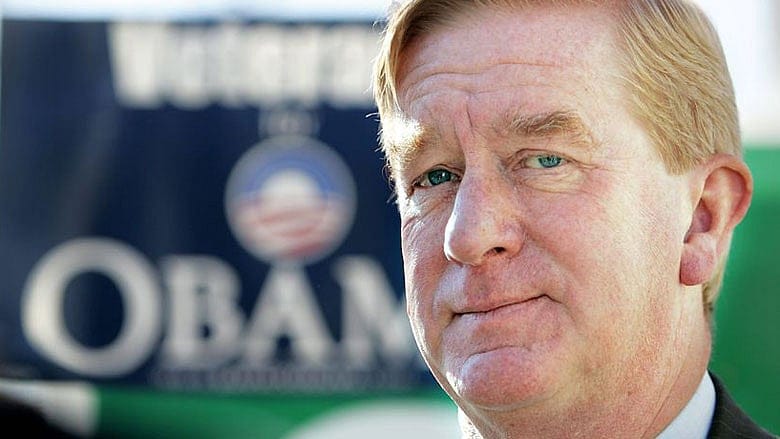The Big Dig Libertarian

During the past decade, Bill Weld has endorsed Republicans and Democrats for elective office. Now he is running as neither a Republican nor a Democrat, but as the Vice Presidential candidate of the Libertarian Party.
As recently as the 2014 election cycle, the former Massachusetts governor stirred controversy when he supported Democrat Michael Day over Republican Caroline Colarusso for state representative in Stoneham and Winchester. Weld's endorsement proved decisive as the liberal Democrat candidate won by 500 votes out of 18,000 cast. Never having exercised himself to build the Republican grassroots during his 1990s governorship, Weld returned to the Bay State from several years in New York, only to further chip away at his erstwhile party's meager legislative presence.

